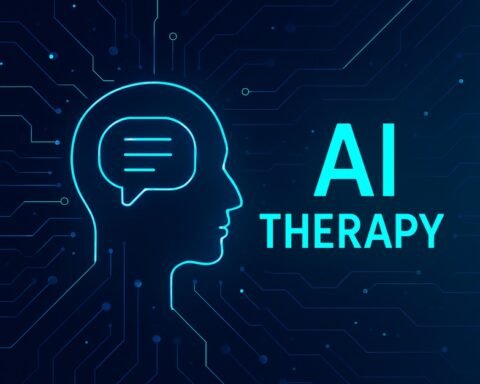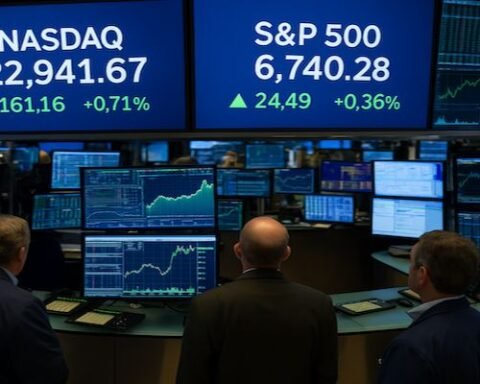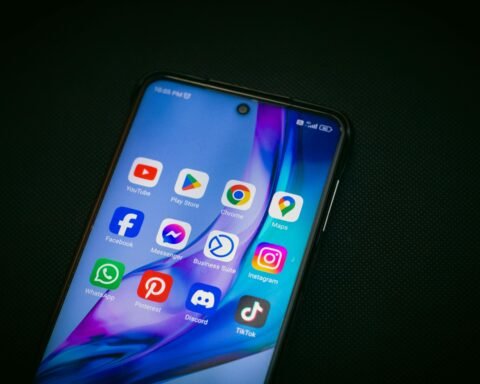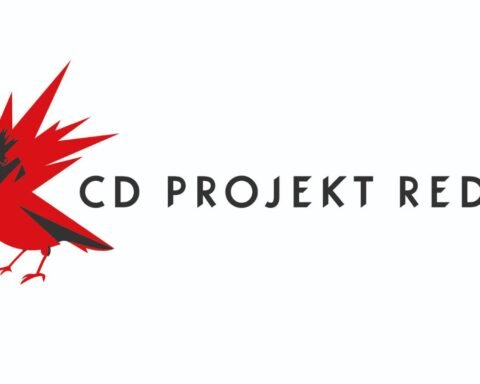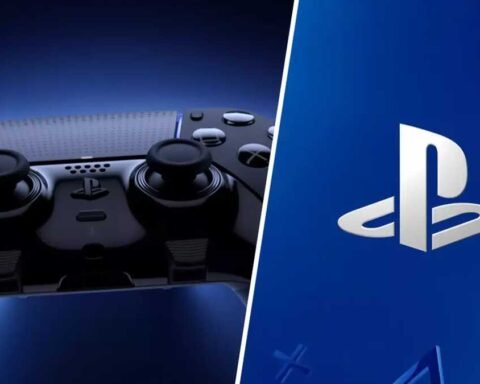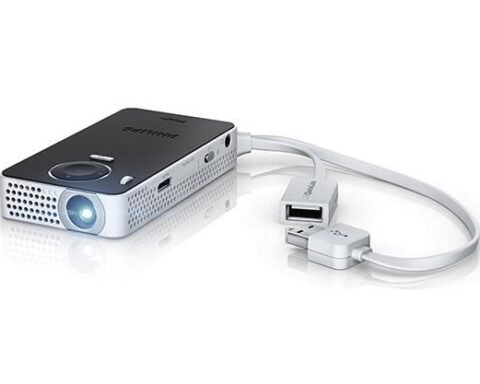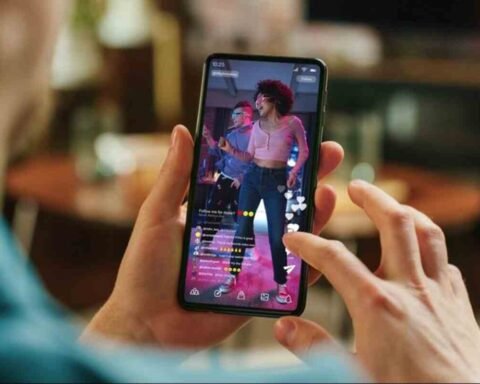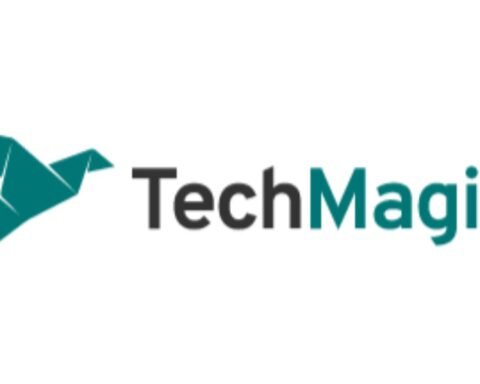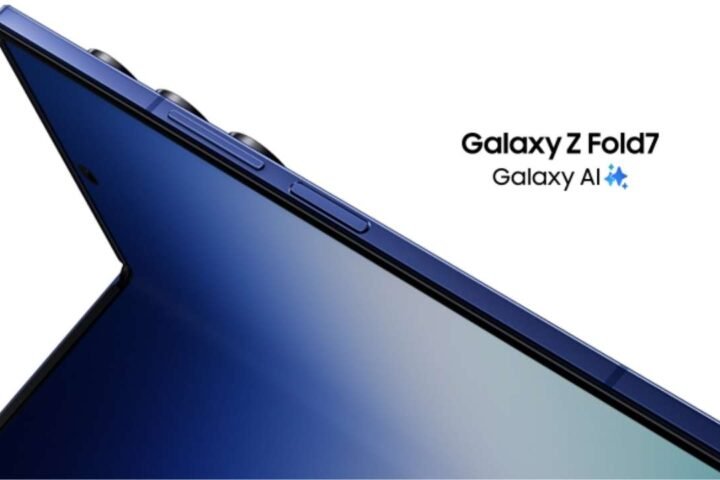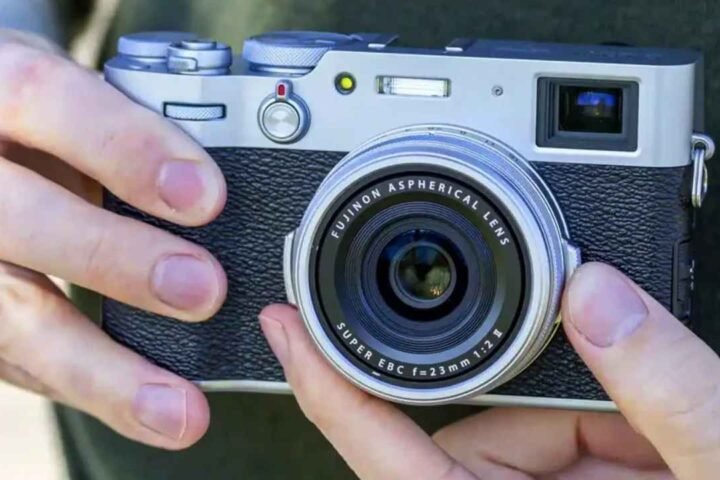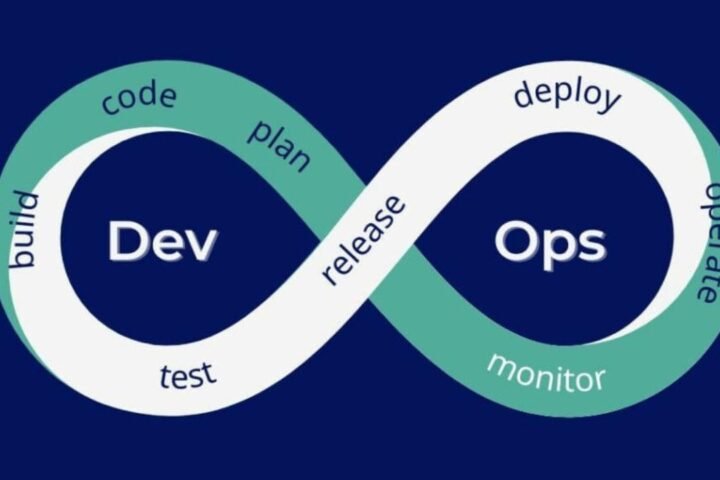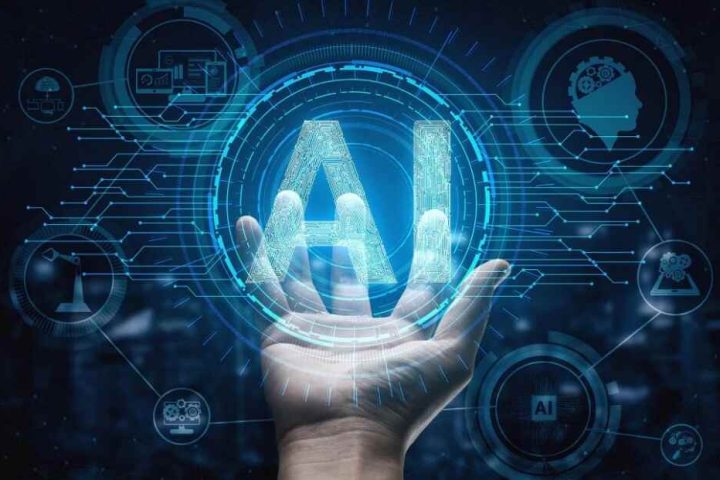IFA 2025: CES in Las Vegas and MWC in Barcelona may be the most well-known technology trade shows, but IFA Berlin has always had a distinct personality. IFA (Internationale Funkausstellung), which combines innovation and practicality, is the platform where consumer electronics companies present their most recent innovations. The 2025 edition did not let us down. IFA 2025 reaffirmed the extent to which technology is permeating our daily lives, from foldable phones and laptops to AI-powered household appliances and smarter wearables.
In contrast to previous years, this year’s showcase placed a strong emphasis on sustainability, energy efficiency, and AI integration. Each company seemed to emphasize how their product was not only “smarter,” but also more user-friendly and environmentally friendly. Let’s examine the key innovations and highlights that made IFA2025 unique.
The Mainstreaming of Foldable Technology
Although foldables have been a hot topic for years, their transition from niche luxury to widespread use was signaled by IFA 2025. Numerous companies, such as Samsung, Oppo, Lenovo, and even upstarts, have released gadgets that strike a balance between cost, robustness, and creativity.
Samsung’s Galaxy Z Fold 7, which was unveiled alongside its slimmer Galaxy Z Flip 6 Pro, was the talk of the town thanks to its new hinge technology, which is rated for 500,000 folds, nearly twice as many as the models from the previous year. Additionally, the device lost a lot of weight, which made it much more comfortable to use on a daily basis. The pricing strategy, however, was more impressive. Samsung signaled its intention to broaden the foldable category to a wider audience by announcing a lower entry-level price.
Lenovo’s FoldPad 3, a foldable laptop that can be used as a tablet, a dual-screen workstation, or even a conventional clamshell, also attracted attention. The FoldPad 3 was commended for having a much stronger hinge and no discernible creases, in contrast to its predecessors. Reviewers praised its smooth mode switching, which made it perfect for professionals who are constantly on the go.
Foldables are no longer experiments, based on this obvious shift toward usefulness. Rather, they are evolving into respectable lifestyle and productivity tools.
Wearables Driven by AI: Going Beyond Fitness Monitoring
The category with the greatest potential to transform daily life, if foldables were the hardware stars, was AI wearables. At IFA 2025, smartwatches, AR glasses, and even AI-enabled earbuds were all over the place, but contextual intelligence was the main distinction from previous models.
Garmin and Huawei demonstrated wearables that do much more than just track sleep and heart rate. Predictive health alerts, which can spot irregularities in user behavior and recommend preventive measures, were first offered by the new Huawei FitSense Pro. For example, the watch would automatically suggest breathing techniques or an earlier bedtime if your activity levels, heart rate variability, and sleep patterns indicated stress overload.
The Ray-Ban Meta Glasses 2 with conversational AI assistants that can recognize objects, translate signs in real time, and even summarize text that appears in your field of vision were also showcased by Meta at the IFA stage. The excitement surrounding these AI-powered features suggested a future where wearables become a seamless part of everyday life rather than an accessory, even though AR glasses are still viewed with suspicion.
Sony’s LinkBuds AI Edition was arguably the most user-friendly update. These earbuds serve as both adaptive personal assistants and real-time translators. Imagine walking into a meeting and having your earbuds instantly transcribe important discussion points, or being at an airport and getting a boarding change update whispered straight into your ear.
The conclusion is obvious: AI wearables are evolving from passive trackers to proactive helpers.
Robots, AI, and Sustainability in Smarter Homes
IFA 2025 also made it apparent that a new era of smart homes is coming, one in which sustainability, AI, and robots combine to produce true autonomy.
The Dyson Spot+Scrub, a robot vacuum cleaner with AI-driven stain detection, caused a stir. This vacuum can detect spills, send a notification, and even change modes to remove stubborn stains, in contrast to conventional models that only move around a room. It involves more than just cleaning; it involves solving problems.
Samsung and LG stepped up efforts to develop AI home ecosystems. Connecting energy, security, and appliance systems, LG’s ThinQ Hub 2.0 serves as the brain of the house. By automatically adjusting lighting, heating, and cooling, it optimizes energy use by using machine learning to analyze household patterns. For instance, the system will automatically turn off non-essential appliances if it discovers that you typically leave the house at 8 a.m.
Another popular product was Samsung’s AI Family Hub refrigerator. It can track expiration dates, make recipe recommendations based on what’s in it, and even connect to your smartphone to remind you of the groceries you’re running low on.
Additionally, sustainability was emphasized. Numerous brands placed an emphasis on repairability, energy efficiency, and recyclable materials. Bosch introduced washing machines with modular parts that increase their lifespan and facilitate repair.
This change implies that the upcoming generation of smart homes will be more environmentally friendly in addition to being smarter.
Gaming technology that is portable and interactive
At IFA 2025, gamers were not excluded. A trend toward flexibility and mobility in gaming was indicated by the dominance of handheld gaming devices and immersive accessories.
With AMD’s most recent mobile GPU, ASUS unveiled the ROG Ally 2, a portable gaming console with performance comparable to a desktop. Thanks to sophisticated power optimization, this version promised more than eight hours of gaming on a single charge, unlike previous iterations.
Sony unveiled the PSVR 3 prototype, which features 4K per-eye resolution and an incredibly lightweight design. Its AI-powered haptic feedback system, which modifies sensations in response to in-game events, was the true innovation, though. Imagine the strain of walking on uneven terrain or the resistance of a bowstring.
Cloud gaming was also very popular. Nvidia showcased its GeForce Now platform updates, which feature new AI prediction algorithms and nearly zero latency. This means that even in less-than-ideal internet conditions, gamers can enjoy smoother streaming.
AI at the Heart of Laptops and Productivity Tools
AI at the hardware level was a common theme among PCs and laptops at IFA 2025. Laptops with specialized AI processors that can manage on-device AI tasks without using up battery life or requiring continuous internet access have been announced by almost all of the major manufacturers, including Lenovo and Dell.
With features like AI-based productivity recommendations, adaptive power management, and real-time meeting transcription, Lenovo’s ThinkBook AI Edition dazzled the business community. Dell went one step further with its XPS AI+, which incorporates voice-driven workflows. Picture using your PC to open apps, compose emails, or edit documents in real time.
Despite not being a formal participant in IFA, Apple’s impending MacBook with M4 processors had a significant impact. Rival companies highlighted their preparedness for on-device AI workflows, emphasizing that smarter, more flexible user experiences—rather than just faster processors—will be the hallmark of laptops of the future.
Audio Technology: Customization Is Key
At IFA 2025, audio devices also made a big impression, and customization was key.
Sennheiser unveiled their Momentum Pro AI headphones, which instantly modify sound profiles according to your activity and surroundings. They switch to high-resolution clarity at home, improve noise cancellation during commuting, and maximize bass at the gym.
JBL unveiled the VoicePrint Earbuds, which use your voice’s distinct resonance to enhance noise cancellation and microphone accuracy. Professionals who work remotely will find this especially helpful.
Even low-cost companies like Realme demonstrated AI-powered earbuds that offer high-end features like real-time translation, adaptive noise cancellation, and health tracking at a significantly lower price.
Personalized experiences are replacing generic sound as the general trend in audio technology.
In conclusion, it appears that the future will be more intelligent and environmentally friendly.
IFA 2025 focused on the future of consumer technology rather than just cool new devices. The trend is clear, from wearables that function as personal assistants to foldables that are finally useful to energy-efficient and self-cleaning homes.
This year’s show is defined by three key takeaways:
AI Is Pervasive: AI is the foundation of innovation and is no longer a gimmick, whether it is found in wearables, laptops, or appliances.
Sustainability Is Important: Energy efficiency, repairability, and recyclability are now necessities. Brands are paying attention to what customers want.
Integration is essential: Devices are no longer isolated. A growing number of phones, wearables, PCs, and household devices are made to function as a single, integrated ecosystem.
One thing is clear as we wrap up IFA 2025: technology will not only make life easier in the future; it will also make it smarter, greener, and more focused on people.


